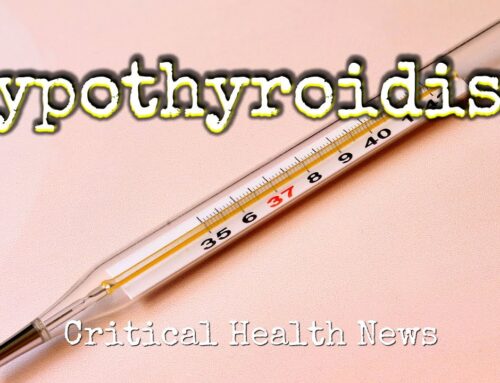While Hypothyroidism gets all the press, over 3 million Americans are dealing with Hyperthyroidism, the result of a malfunctioning, hyper active thyroid. There are two major types of Hyperthyroidism, most commonly a form caused by immune system dysfunction called Grave’s Disease. Less prevalent is a non-immune system form of Hyperthyroidism, which can likewise result in excessive secretion of thyroid hormone, as well as various unpleasant symptoms, which include anxiety, insomnia, weight loss, oily skin, mood swings, tremors and rapid and irregular heart beat.
Toxins, like the heavy metals mercury and cadmium have been known to disrupt thyroid function, also chemicals in pesticides, fertilizers and solvents. Stress and adrenal compromise can be involved as well. In the case of Grave’s, as with all autoimmunity, digestive breakdown, leaky gut and food intolerance should be considered too.
While the orthodox medicine protocols for treating a hyperactive thyroid and Grave’s disease involve surgical removal or chemical suppression of the gland, there are fortunately lots of non-medical herbal and nutritional strategies that can be used to calm down the hyperactive thyroid. Herbs like bugle weed, mother wort and valerian can be used effectively to treat the condition, also vitamin D and the B vitamins. Essential fatty acids can be helpful and so can minerals like selenium, lithium and magnesium.
Interestingly, iodine, key component of thyroid hormone, can act to restore glandular balance. While many health care professionals believe that hyperthyroidism is a sign of iodine excess, as it turns out, that might not be the case. Hyperthyroid patients are frequently iodine deficient. It’s best to have levels checked, rather than assuming one way or the other.










